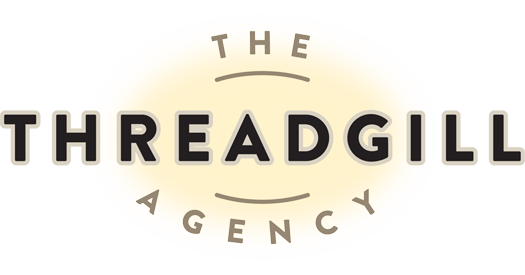
19 Apr Navigating HIPAA Compliance: Safely and Legally Tracking Performance for Medical Field Clients
In the digital age, data is king, especially in the realm of marketing. However, for digital marketing agencies serving clients in the medical field, navigating the waters of data tracking comes with unique challenges. With strict regulations such as the Health Insurance Portability and Accountability Act (HIPAA) in place, ensuring the safe and legal tracking of performance metrics is crucial. Join us as we explore how digital marketing agencies can effectively track performance for medical field clients while maintaining HIPAA compliance, and what we’re doing to ensure proper procedures and practices are in place.
Note: The information in the article is based on best practices, but does not constitute legal advice. If you are concerned about whether your website or strategies comply with HIPAA regulations, please consult with an attorney with the appropriate experience.
Understanding HIPAA Compliance
HIPAA stands as a cornerstone of patient privacy protection in the United States. For digital marketing agencies working with medical clients, HIPAA compliance isn’t just a matter of best practices—it’s a legal obligation. HIPAA mandates stringent guidelines for the handling and protection of patients’ protected health information (PHI), encompassing everything from electronic records to digital communications. According to a recent study by HealthITSecurity, failure to comply with HIPAA regulations can result in hefty fines and reputational damage for both healthcare providers and their business associates. This underscores the importance of adhering to HIPAA standards when tracking performance metrics for medical field clients.
Challenges in Tracking Performance
One of the primary challenges digital marketing agencies face when tracking performance for medical clients is ensuring compliance while still extracting actionable insights. Both organic and paid media campaigns generate vast amounts of data, including website traffic, conversion rates, and user engagement. However, accessing and analyzing this data while safeguarding patient privacy requires a delicate balance.
For organic digital marketing campaigns, safeguarding patient privacy in organic media campaigns involves tracking website traffic, blog engagement, and social media interactions. Implementing tools such as Google Analytics allows marketers to gather valuable insights while anonymizing personal information. However, it’s crucial to configure these tools properly to exclude any identifiable patient data.
Where paid media digital marketing campaigns are concerned, platforms like Google Ads and Facebook Ads present additional challenges due to their targeting capabilities and limitations. While these platforms offer robust tracking mechanisms for measuring campaign performance, marketers must ensure that any data collected remains compliant with HIPAA regulations. Partnering with HIPAA-compliant advertising platforms and utilizing features like custom audiences can help mitigate risks while optimizing campaign performance.
Strategies for Safely Tracking Performance
To navigate HIPAA compliance effectively, digital marketing agencies serving medical clients must implement robust strategies for safely tracking performance across organic and paid media campaigns. Here are some key approaches:
- HIPAA-Compliant Analytics Tools: Utilize analytics platforms that offer HIPAA-compliant solutions tailored to the healthcare industry. Platforms like Patient Prism and Healthgrades provide specialized analytics capabilities while ensuring data security and privacy. Solutions like Google Analytics for Healthcare offer features tailored to the needs of medical clients, ensuring that data collection and analysis adhere to HIPAA regulations.
- Data Encryption and Security Measures: Implement robust encryption protocols and security measures to safeguard sensitive patient information. This includes encrypting data transmissions, securing databases, and restricting access to authorized personnel only.
- Clear Protocols and Consent Mechanisms: Establish clear protocols for data collection, storage, and usage in alignment with HIPAA regulations. Obtain explicit consent from patients when collecting data for marketing purposes, ensuring transparency and accountability.
Legal Considerations and Best Practices
In addition to technical measures, digital marketing agencies must also adhere to legal considerations and best practices when tracking performance for medical clients. Here are some key recommendations:
- Compliance Audits and Reviews: Conduct regular audits and reviews to assess compliance with HIPAA regulations and identify any potential gaps or vulnerabilities. This includes reviewing data handling procedures, security protocols, and consent mechanisms.
- Legal Expertise and Guidance: Seek guidance from legal experts with expertise in healthcare law and HIPAA compliance. Legal counsel can provide valuable insights and ensure that marketing practices align with regulatory requirements and industry standards.
- Documentation and Record-Keeping: Maintain thorough documentation of data tracking practices, consent mechanisms, and compliance efforts. This includes keeping records of consent forms, data processing agreements, and compliance audits for future reference.
Navigating HIPAA compliance while tracking performance for medical field clients requires a strategic approach that prioritizes patient privacy and data security. By implementing HIPAA-compliant analytics tools, robust security measures, and clear protocols, digital marketing agencies can effectively measure performance across organic and paid media campaigns while safeguarding patient confidentiality. With a commitment to compliance and best practices, agencies can deliver impactful marketing strategies that drive results without compromising patient trust or regulatory compliance.
